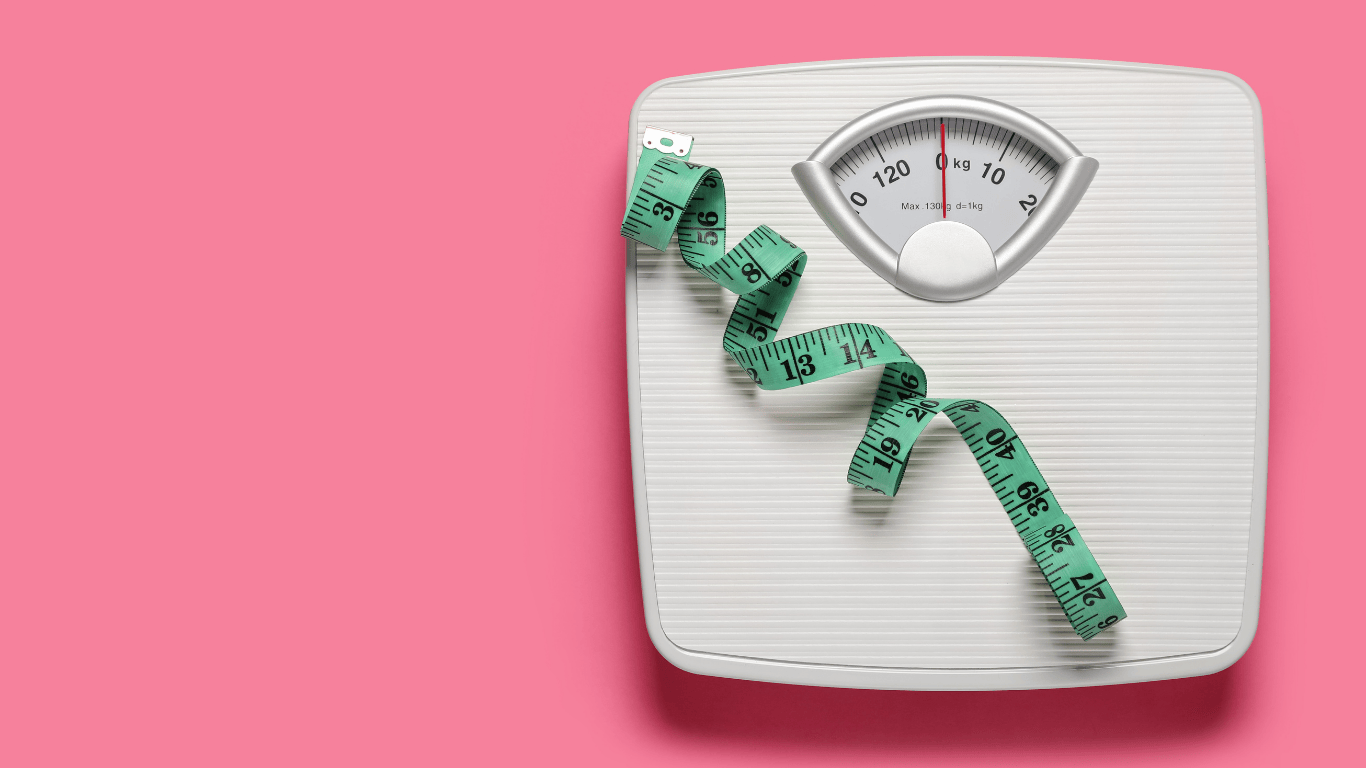
Disclosure: This blog post contains some affiliate links. The author will receive a small commission through some of the highlighted products.
For couples trying to conceive, male fertility supplements can play a crucial role in boosting sperm health. Healthy sperm is as essential as a high-quality egg when trying to conceive. By choosing the best men’s fertility supplements and combining them with a healthy lifestyle, you can maximise your chances of conception. Here’s our guide to the top 10 male fertility supplements for 2025, backed by research.
What does healthy sperm mean?
Infertility affects 15% of couples trying to conceive, with up to 50% of these cases involving male fertility issues. Good-quality sperm is key to conception success. However, other factors like hormonal imbalances, certain medications, illnesses, or blockages in the sperm duct can also impact fertility. Consulting your GP is essential for diagnosing and addressing these issues.
Healthy sperm parameters include:
- Motility – The ability of sperm to swim effectively toward the egg.
- Morphology – the shape of the sperm.
- Concentration – the number of sperm in a millimeter of semen. A healthy range is 15–259 million per mL
- Total sperm count – the amount of sperm in 1 sample (made by 1 ejaculation) A healthy range is 39–928 million.
- DNA fragmentation – this means damage to the DNA (the genetic instructions to make the baby) carried in the sperm. High levels are a risk factor for infertility and miscarriage.
Sperm takes about 2.5 months to develop and mature. Adding the best male fertility supplements to your routine during this time can support sperm health. Research shows that even within two weeks of diet and supplement changes, improvements can occur, making it crucial to take action now.
If you’re looking for practical ways to support this, our Nutrition for Sperm Health Meal Plan & Guide offers evidence-based meal ideas and tips tailored for male fertility.
Top 10 Male Fertility Supplements for 2025
Finding the best male fertility supplements can feel overwhelming. To simplify, here’s our list of the top 10 supplements for male fertility that we regularly recommend in our clinic, supported by research and proven to improve sperm health:
To improve sperm motility:
Vitamen: contains seleium and vitamin D, at the required daily dose
Proceive Conception Omega 3, helps maintain sperm cell membranes. Recommended to take if you’re not consuming 1-2 portions of oily fish per week.
To improve sperm morphology:
Any prenatal:Proceive men, Vitamen, Wild Nutrition, MyOva Male Fertility
To support DNA damage:
Zita West Kaneka Ubiquinol: A high-quality form of CoQ10. Plays a role in the production of cellular energy and helps preserve cellular integrity and function. Reviews of evidence have found that supplementation with this improved all aspects of sperm performance.
N-Acetyl Cysteine (NAC): NAC is a precursor to glutathione, a key antioxidant that helps protect cells from oxidative stress.
We do not advise including both due to the negative associations of using too many antioxidants.
To support sperm count:
Vitabiotics Lycopene: Contains a potent dose of lycopene, a compound naturally found in tomatoes. A trial that gave men with infertility 25 mg of lycopene supplements a day for 12 weeks found significant improvements in sperm count, concentration and motility at the end of that period compared to those who did not take it.
To Support Sperm Concentration:
Any prenatal: Wild Nutrition, Vitamen, Proceive men, MyOva Male Fertility, Wellman Conception
N-Acetyl Cysteine (NAC): NAC is a precursor to glutathione, a key antioxidant that helps protect cells from oxidative stress.
Proceive Conception Omega 3, helps maintain sperm cell membranes. Recommended to take if you’re not consuming 1-2 portions of oily fish per week.
If you are seeking maximum support, we recommend Proceive max men It offers higher nutrient amounts.
Use DietitianRo15 for 15% off all products in the Proceive range
Use code SEREHEALTHY15 for 15% off all MyOva products
If you’re unsure where to start, booking a 1-1 consultation with our Specialist Fertility Nutritionist can help tailor recommendations to your needs.
Why Consider Fertility Supplements for Men?
Supplements are a helpful addition to a healthy lifestyle when trying to conceive. The best male fertility supplements contain a combination of antioxidants, vitamins, and minerals to support sperm health.
Some of the best ingredients to look for include:
1. Coenzyme Q10 to protect sperm from oxidative damage. Reviews of evidence have found that supplementation with this improved all aspects of sperm performance.
2. Vitamin C to support sperm count and motility.
3. Lycopene to improve sperm morphology. The pigment that makes tomatoes red, is another powerful antioxidant able to prevent damage to sperm by free radicals. High concentrations of lycopene are found in the testes and seminal plasma although, levels are often lower in men suffering from infertility. A trial that gave men with infertility 25 mg of lycopene supplements a day for 12 weeks found significant improvements in sperm count, concentration and motility at the end of that period compared to those who did not take it. Here’s our top recommendation:
4. Selenium for improved motility, it is a micronutrient a lot of the UK population is deficient in. It plays a role in DNA synthesis and protection from oxidative damage as well as thyroid function. Thyroid function plays a key role in spermatogenesis (the creation of sperm), this is something you can have checked by a doctor if you think it may be an issue. Low levels of selenium can lead to male infertility. Supplementation may improve sperm motility and conception in a significant percentage of men with low selenium levels.
5. Vitamin B12 for reducing DNA damage. One of its roles in the body is helping DNA synthesis. Furthermore, studies show that vitamin B12 can increase sperm count, enhance sperm motility, and reduce sperm DNA damage. Here’s our top recommendation:
This is by no means an exhaustive list. There are many more nutrients and trace elements that have evidence to support their use for improving sperm quality, all of our recommended male parental supplements contain: vitamin C, selenium and vitamin B12.
Lifestyle Tips to Complement Male Fertility Supplements
While male fertility supplements can significantly improve sperm health, combining them with a healthy lifestyle can further optimise fertility. Consider these steps:
- Follow a Mediterranean Diet: Rich in vegetables, whole grains, lean protein, and healthy fats, this diet is linked to improved sperm quality.
- Exercise Regularly: Moderate physical activity can enhance sperm motility and count.
- Maintain a Healthy Weight: Being overweight can negatively impact testosterone and sperm production.
- Reduce Stress: High stress levels can disrupt hormone balance and reduce sperm quality.
- Avoid Smoking and Excessive Alcohol: Both are linked to increased sperm DNA damage.
Need More Help?
Optimising male fertility involves combining healthy lifestyle choices, the best male fertility supplements, and understanding your current sperm health. An at-home sperm test is a convenient way to evaluate key sperm parameters. Here are two of the best at home sperm test options to consider:
- Mojo Advanced Fertility Test: A clinical-grade at-home sperm test that checks all 22 key markers with results in 48 hours.
- Exseed: A quick at-home sperm test with instant results on your phone, no lab needed. It checks sperm count, movement, volume and concentration but doesn’t look at sperm shape.
The Bottom Line
Improving male fertility involves a holistic approach that integrates the best male fertility supplements for 2025 with a balanced diet and healthy lifestyle. Alongside supplements, incorporating the right foods can further enhance sperm quality and fertility outcomes. Discover more about top foods to increase male fertility in our blog.
By adding these top 10 male fertility supplements to your daily routine, you can enhance sperm quality, boost motility, and protect DNA integrity, ultimately increasing your chances of conception.
Learn more through our Nutrition for Sperm Health Meal Plan & Guide
, If you are interested in improving a particular sperm parameter, you could seek personalised support from our Specialist Fertility Nutritionist
Supplements can interact with medications and taken in excess can cause harm, please read labels carefully and follow the instructions.
Last reviewed: July 2025
This article was written by the Fertility Dietitian UK content team and reviewed by Ro Huntriss MSc RD, Consultant Dietitian and Founder of Fertility Dietitian UK.



